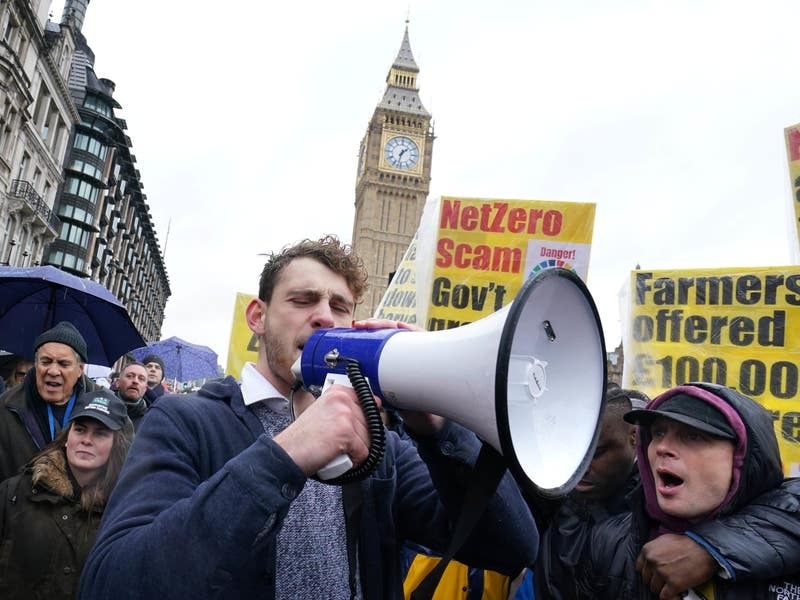A STUDY which found that Jersey was the eighth “most significant corporate tax haven” in the world “lacks credibility”, according to the Assistant Treasury Minister.
Deputy Ian Gorst – who also has political responsibility for financial services – said the methodology used by the Tax Justice Network was “flawed”.
The campaign group, which “believes our tax and financial systems are our most powerful tools for creating a just society”, creates an annual Corporate Tax Haven Index by ranking jurisdictions against a number of criteria.
This year’s ranking saw three British tax havens – the British Virgin Islands, Cayman Islands and Bermuda – retain the top three positions, while Jersey was ranked eighth again to keep its position among the top ten.
Explaining their method, the pressure group wrote: “The Corporate Tax Haven Index ranks countries on how complicit they are in helping multinational corporations underpay corporate income tax in other countries.
“It does this by evaluating how much wiggle room for corporate tax abuse a country’s laws and regulations provide, and by monitoring how much financial activity conducted by multinational corporations enters and exits the country.”
It should be noted that founding members of the Tax Justice Network have left the organisation and criticised its methodology. Deputy Gorst has also criticised it while defending the Island’s reputation in his response to the findings.
In a statement provided to the JEP, the minister said: “The findings of this report lack credibility due to the flawed methodology applied in its creation.
“Jersey is fully compliant with all global minimum standards regarding tax transparency set and assessed by the Organisation for Economic Co-operation and Development, an independent global body.”
He added that Jersey’s corporate tax system has been found not to be harmful by the European Union’s Code of Conduct Group on Harmful Business Taxation, most recently in February 2024.
“Jersey’s implementation of the OECD’s Base Erosion and Profit Shifting (BEPS) minimum standards is also annually peer reviewed and found to be in line with the standard,” he said.
Deputy Gorst added: “The government is also working on implementing new legislation to give effect to the OECD’s Pillar Two regime, creating a minimum global tax rate of 15% for large multinational groups of companies with effect from 2025.”
Pillar Two is part of a global crackdown on companies moving their profits around several jurisdictions in order to minimise their taxes. The rules have been in force in the UK and the European Union since January this year.
Due to be debated in Jersey this month, the proposed tax hike would affect more than 1,000 multinational companies based in Jersey and could raise an extra £52 million a year for the government’s coffers, it has been reported.
But critics warned that there was a chance companies faced with 15% taxes might decide to move their headquarters away from Jersey.






